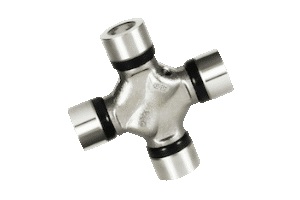UNIVERSAL JOINTS
Why GMB UNIVERSAL JOINTS?
Not all universal joints are the same. Here’s what makes ours stand out.
Nitrile Rubber
GMB Universal Joints can withstand a higher tolerance of short and prolonged exposure to a wide range of oils, and chemicals, whether it be fully submerged or just exposed to the elements. The nitrile rubber can endure extreme temperatures from -40°F to +250°F without compromising functional or structural integrity.
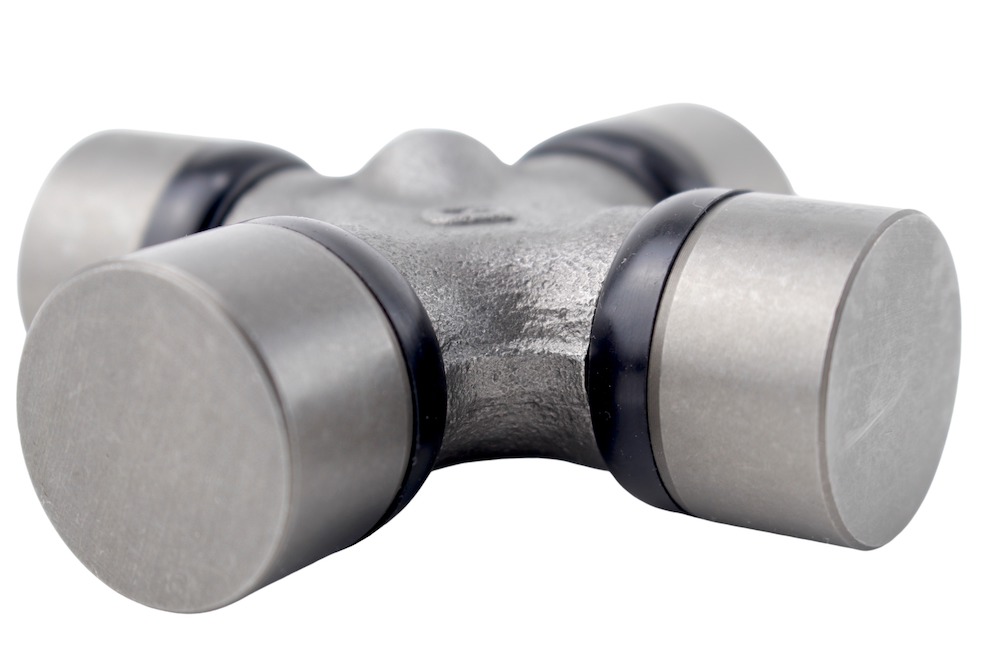
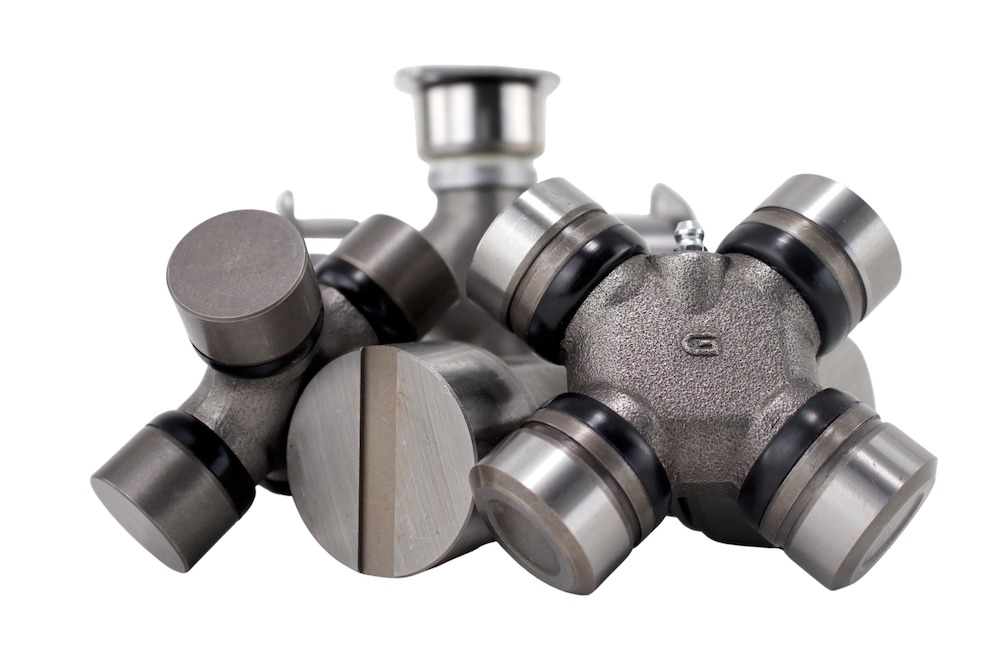
Chrome-Molybdenum Steel
As opposed to a standard-grade 1020 steel, GMB uses a high-grade Chrome-Molybdenum steel with superior strength, longer life expectancy, as well as additional corrosion protection.
Proprietary Protective Coating
GMB Universal Joints are coated in a proprietary protective formula which is baked on multiple layers of powder coating providing superior rust resistance and a non-porous surface.
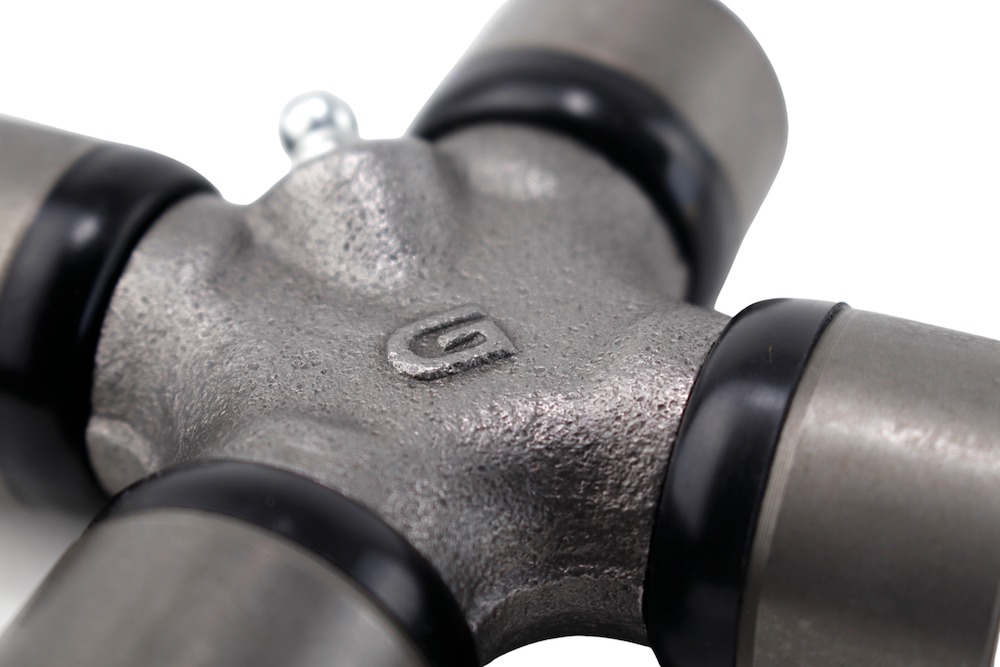
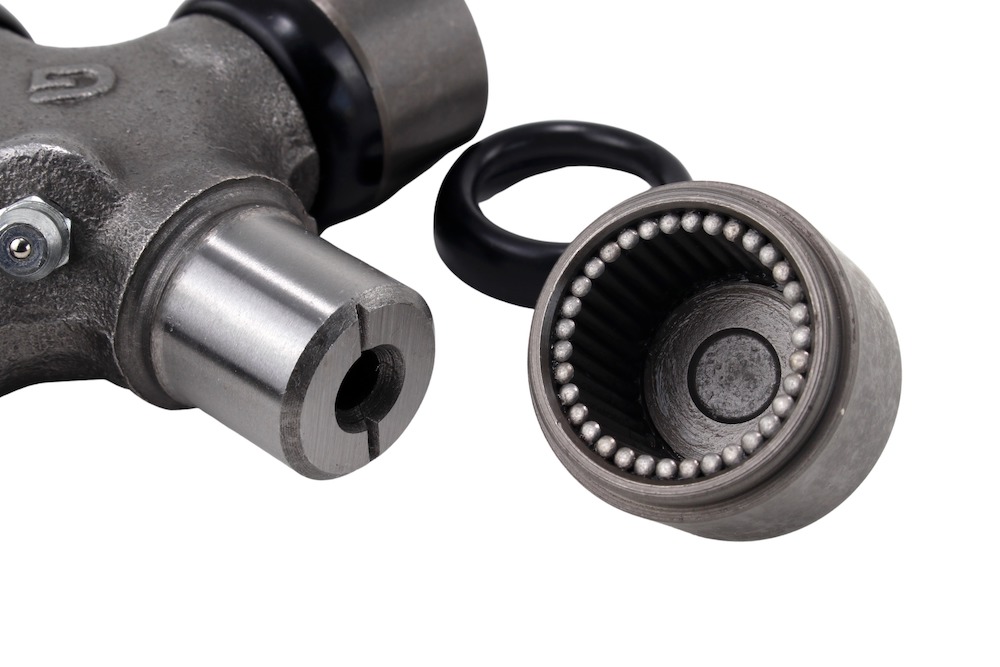
High-Grade Solid Steel Needle Bearings
GMB Universal Joints are manufactured with high-grade solid steel tubular needle bearings that are heat-treated and designed to withstand extreme temperature changes, high pressure, and excessive torque.

We're Continiously Developing New Products
We research, manufacture, and release hundreds of new products every year to make sure we have the parts you need.
Latest Universal Joint News
Educate Your Customers About Preventative Maintenance!
Preventative maintenance is the key to maximizing the performance and durability of any universal joint. Here’s a list of maintenance tips to share with your customers:
- If a greaseable Universal Joint is installed, periodically inspect your Universal Joints for proper greasing approximately every oil change.
- Inspect the yoke that holds your Universal Joint for cracks and stress marks.
- Check your seals for signs of leakage and replace if seals are leaking.
- Periodically check for drive shaft play, an indication of Universal Joint or seal failure.
- Inspect drive shaft for cracks, stress marks, dents and bends and replace if necessary.

